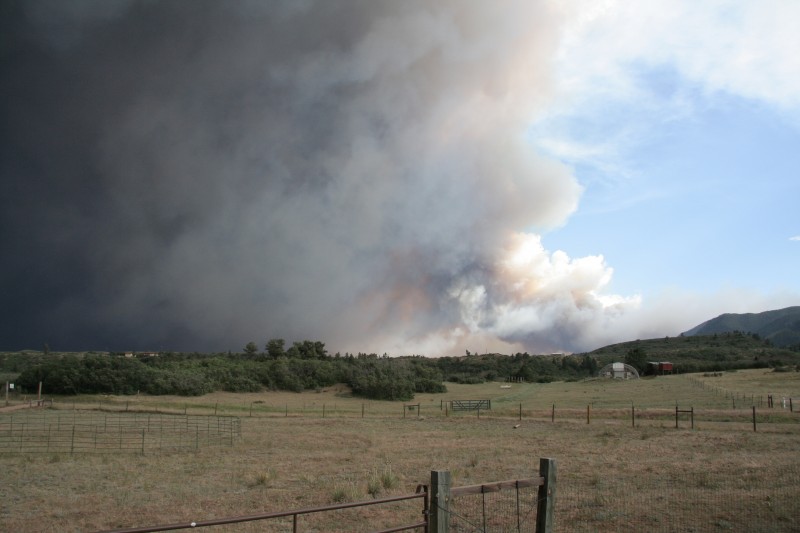An interesting call with family today. My brothers and sisters are scattered around the country, from Alaska to North Carolina (and Colorado, New Mexico, Maryland, California,and, maybe, Delaware). We are all getting to the age of “Where is the best place to retire?”
Several factors are to be considered, least of which is Politics. (We are, primarily, a blue family. I suppose we have some purple leaning folks as well.) General Weather is a prime consideration, along with potential future climate change directions.
I brought up the WATER problem here along the Front Range of Colorado. This is a significant issue in the Mountain West and the Southwest in general. West of the Mississippi it is a major consideration except for the Pacific Northwest Coastal areas.
Colorado Springs has greatly ameliorated its water issues by diverting water from the Colorado River to the Arkansas River and drawing upon that water to feed Colorado Springs via the Southern Water Delivery System. It helps to have senior water rights to a river on the other side of the continental divide.
The West is basically an arid land. Amongst the seven western states along the Colorado River drainage region: California, Arizona, New Mexico, Colorado, Nevada, Utah and Wyoming, Colorado gets the bulk (51.75%) of the half to the water designated to the northern states (7.5 Million acre-feet), in the 1922 Water Accord.
Unfortunately, evidently the 1910’s-1920’s were a very wet period in the Southwest and the values of allocated water resources may be based on excessive water availability for that decade.
Poor Mexico was supposed to receive at least 10% of the Colorado River flow and was lucky to receive anything . A 2013 Treaty says that Mexico should receive at least 10% of the water from the Colorado River (1.5 M Acre-feet). The Colorado River tributary in Mexico has dried up.
I HAVE DIGRESSED. The original topic of discussion was where to consider moving to in the next few years to enjoy retirement. Several of my sisters are looking to the Carolinas. Moderate weather most of the year , subject to hurricanes, may be getting hotter, even in the highlands. Biggest Problem, part of the Confederacy. Might be fine for white folks, not so sure about Americans.
I am happy in Colorado, though I note that when I moved here in the ’90’s we did not even think about getting a house with air-conditioning. We bought our latest house, about 6 miles east of our original house, and wouldn’t consider it without air-conditioning. (I note the 6 miles east because our old house was on the fault line of the front range and we are now well away from the mountains?) With the new water project, I think Colorado Springs is set for a reliable source of water for the next 50 years.
The rest of the Mountain West viability is really subject to water availability. I have driven up and down the Front Range and aside from Denver, Santa Fe, Colorado Spring and Albuquerque, there isn’t a lot of there, there. I suspect due to water issues more than anything else.
The Great Plains have weather extreme issues. They might be pleasant six months out of the year, but the other six are unbearable.
The New England states might be bearable once climate change becomes more established, but, right now, the extremes are extreme.
Alaska won’t be viable year-round for another 50 years or so. I have family living around Homer, and they really want to get out of Alaska in the winter.
The Eastern parts of Washington, Oregon, and California are part of the Mountain West. The Coastal parts of those States are most viable, at least north of Pebble Beach. They seem to have the temperate climates, water, and overall amenable living conditions. The only problem is whether you can afford to move there.
Some of my siblings are considering setting up family enclaves outside of the US. Costa Rica, Ireland, or, somewhere warm have been suggested. I don’t know. There are possibilities. Where is the best place to be in 20 years?

